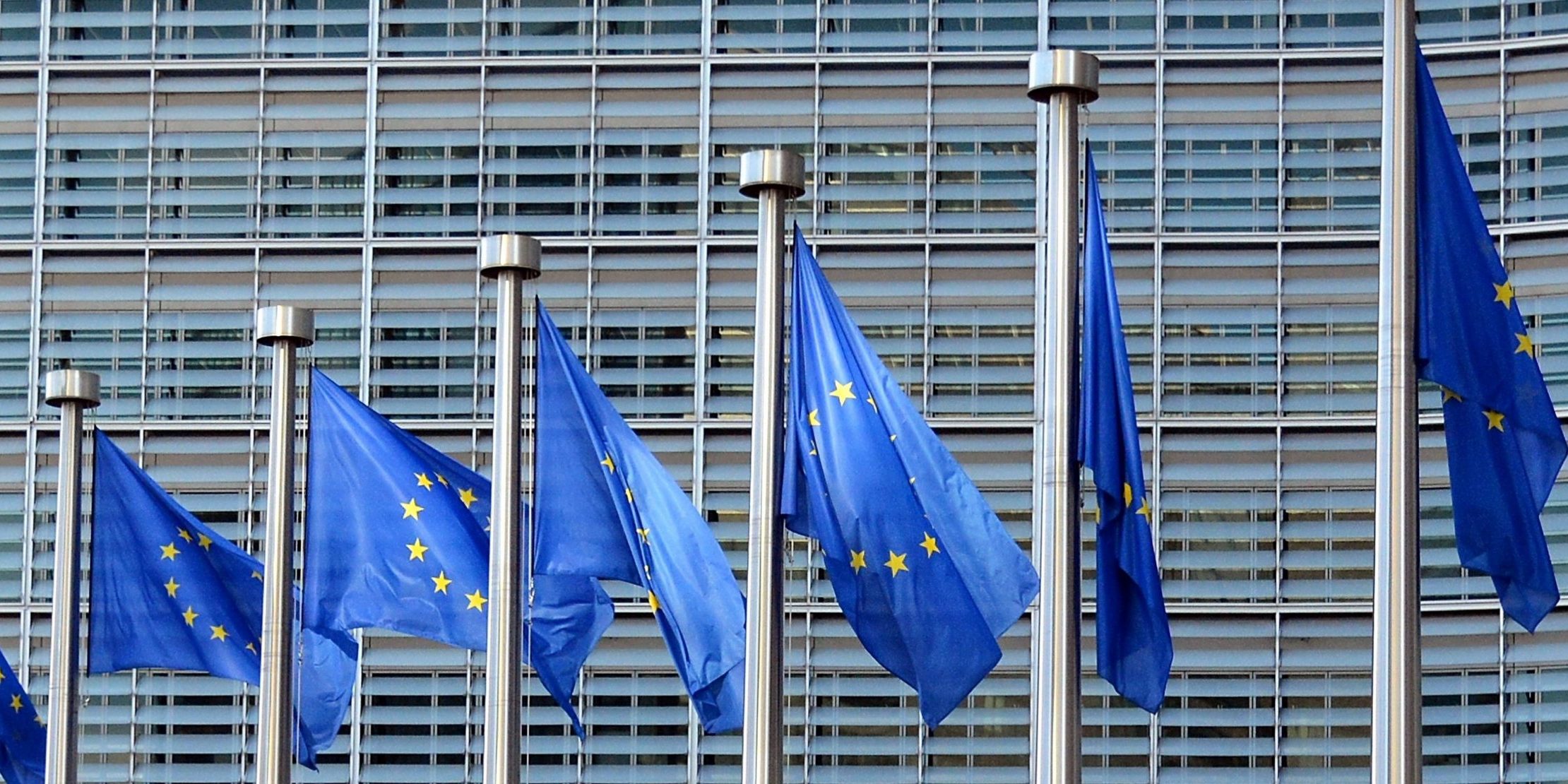
EU action for researchers
Boost for critical sector long overdue.

EU-wide action to improve the working conditions of researchers is finally upon us, with strengthening of the European Research Area (ERA) and the ERA policy agenda 2022 – 2024 looking to reduce precariousness in the sector.
The work-life of researchers, ranging from public to private sector, has faced multiple challenges in the past number of years. Issues such as funding, career progressing, mobility and recognition of credentials, plus a number of more traditional working condition issues, continue to put pressure on researchers, in particular those in earlier parts of their career or those in vulnerable position.
The European Commission is addressing these issues with initiatives to strengthen the European Research Area, with the package including three major initiatives that aim to provide stability to those working in research, while fortifying research and innovation systems in the EU. The Commission proposals will move to be adopted by the Member States, after which the Commission will start implementing the initiatives.
At the forefront of this is a proposal for a new European framework for research careers, with Council recommendation, drawing from earlier conclusions, aiming to provide more definitions on research professions, increase the amount of permanent contracts, provide skills for inter-sectoral and inter-disciplinary careers. In addition, the career development will be supported by fair circulation of talents, support actions, and monitoring of the career paths through a dedicated observatory.
An updated Charter for Researchers, replacing the 2005 Charter and Code for Researchers with new and revised principles, is also in the pipeline, with the new Council recommendation providing a set of general principles and requirements which specified the roles, responsibilities and entitlements of researchers as well as of employers and/or funders of researchers. The aim is to streamline the Charter structure and update its principles. The Charter and Code principles has been endorsed by 1,444 organisations across Europe.
The European Competence Framework for Researchers (ResearchComp), to support inter-sectoral mobility of researchers, is another suggestion, relating to the skilling of researchers. It will aim to promote transversal skills for researchers that can be adopted via different opportunities, including micro-credentials. It is first of the several upcoming tools, such as ERA Talent Platform that is a one-stop-point for the variety of needs researchers may have, and Research and Innovation Observatory which monitors data and evidence for policies on research.
While we welcome the Commission’s initiative, Eurocadres is also taking action to address the researchers' working conditions at a more fundamental level. Eurocadres has launched a two-year project that aims to provide a study that maps the working conditions and policy measures addressing them, while building capacity for the researchers through the trade union movement. The project, which includes a study and several events, also takes into account the recent initiatives of the Commission.
When available, this study and other activities will be made available via our website and various social media channels.
